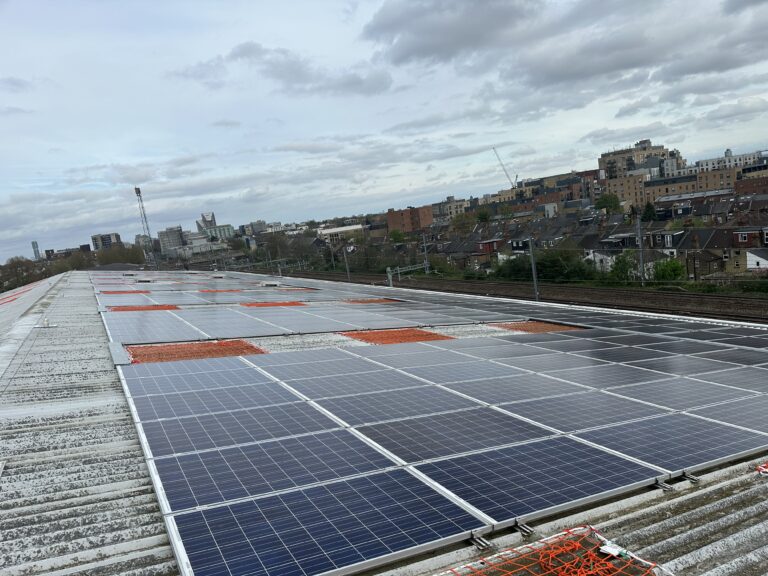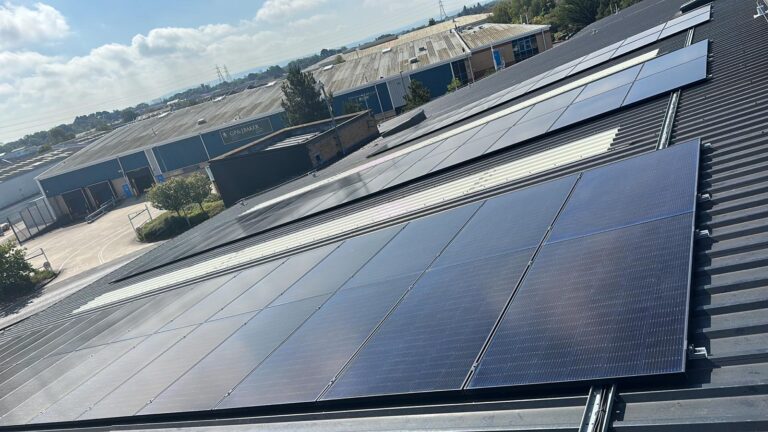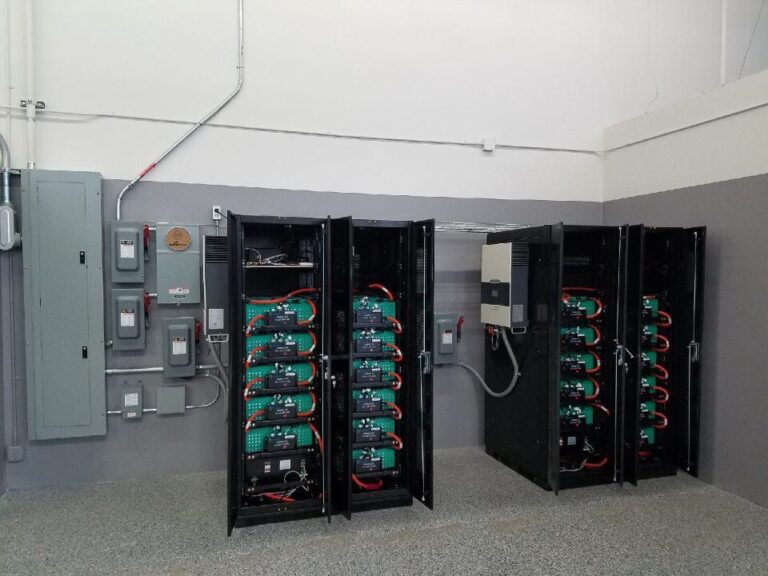Advantages and Disadvantages of Solar Energy

Advantages of Solar Energy for UK Businesses
Increased Property Value
Properties equipped with solar panels can appreciate in value, making them more attractive to potential buyers. Businesses that own their premises can benefit from higher resale values, and landlords can use commercial solar installations as an incentive to attract eco-conscious tenants.
Renewable and Clean Energy Source
Solar energy is a sustainable resource that doesn't rely on finite fossil fuels, reducing greenhouse gas emissions and air pollution. By adopting solar power, businesses contribute to a cleaner environment and help combat climate change, supporting the UK’s renewable energy targets.
Government Incentives and Tax Benefits
The UK government offers various incentives for businesses adopting commercial solar power such as the Smart Export Guarantee (SEG), which allows businesses to sell excess electricity back to the grid. Additionally, enhanced capital allowances and grants may be available for renewable energy investments, reducing the financial burden of installation.
Significant Cost Savings for Businesses
Solar energy reduces electricity bills and shields UK businesses from rising energy costs. On-site generation lowers reliance on the National Grid and ensures long-term savings, especially for high-energy users. However, factors like system size, usage patterns, financing, and government incentives affect overall savings. Careful assessment is key to maximising benefits.
Energy Security and Independence
Solar power provides businesses with a degree of energy independence, reducing exposure to power outages and supply chain disruptions. This is particularly beneficial as the UK continues to face increasing energy security concerns and fluctuating energy supply from external sources.
Sustainability and Corporate Responsibility
With the UK’s commitment to achieving net-zero emissions by 2050, businesses investing in solar energy can enhance their corporate social responsibility (CSR) credentials. Consumers and stakeholders are increasingly favouring companies that prioritise sustainability, making solar power a competitive advantage.
Low Maintenance Costs and Longevity
Solar panels require minimal maintenance and can operate efficiently for over 25 years. Once installed, ongoing costs are relatively low, making solar energy a long-term financial asset for businesses. Routine cleaning and occasional inspections ensure optimal performance.

Disadvantages of Solar Power for UK Businesses
Weather Dependency and Solar Efficiency
The UK’s unpredictable weather can impact solar panel efficiency, with energy generation fluctuating based on sunlight levels. The evolution of modern commercial solar systems continues to improve efficiency levels and produce electricity even on cloudy days Output is naturally lower compared to sunnier regions.
However, irradiance levels are generally higher in the south of the UK, making solar a more viable option for businesses in these areas. Seasonal variations also mean that during winter months, businesses may need supplementary energy sources to maintain consistent power supply.
High Initial Investment Costs
One of the main disadvantages of solar power is the high upfront cost of purchasing and installing solar panels. While financial incentives help, the initial investment can be a barrier for some businesses, particularly small and medium enterprises (SMEs) with limited capital. Let us know your specific situation, and we’ll provide expert advice on the best solution for your business.
Space Requirements for Solar Installations
Commercial solar panel installations require adequate space, which can be a challenge for businesses in densely populated urban areas with limited roof space. However, less than 10% of total commercial roof space in the UK is currently utilised for solar energy, presenting a significant investment opportunity for businesses looking to reduce energy costs and enhance sustainability. While ground-mounted solar systems offer an alternative, they require dedicated land, which may not always be practical for every business.
Energy Storage and Battery Costs
To maximise the benefits of solar power, businesses may need battery storage solutions to use excess energy when sunlight is not available. However, solar battery storage remains expensive, adding to the overall investment costs. Advances in battery technology may reduce costs in the future, but current prices can be prohibitive for some businesses.
Planning, Installation, and Regulatory Challenges
The installation process involves planning permissions, grid connections, and regulatory approvals, which can be time-consuming. Businesses must navigate these bureaucratic processes before reaping the benefits of solar energy. Additionally, integrating solar panels with existing infrastructure may require specialised engineering solutions.

Advantages and disadvantages of solar energy summary
For UK businesses looking to reduce energy costs and improve sustainability, commercial solar power presents a strong opportunity. However, challenges such as weather dependency, upfront costs, and possible space limitations must be carefully considered. Conducting a feasibility study and consulting with solar energy experts can help businesses determine whether solar energy is a viable option.
Conclusion
Solar power is a viable energy solution for UK businesses seeking cost savings, energy security, and environmental benefits. Despite some challenges, government incentives and advancements in solar technology are making it increasingly accessible.
By weighing the advantages and disadvantages of solar power, businesses can determine whether investing in solar energy aligns with their financial and sustainability goals. With careful planning and the right strategy, solar power can provide long-term economic and environmental rewards for UK enterprises.
